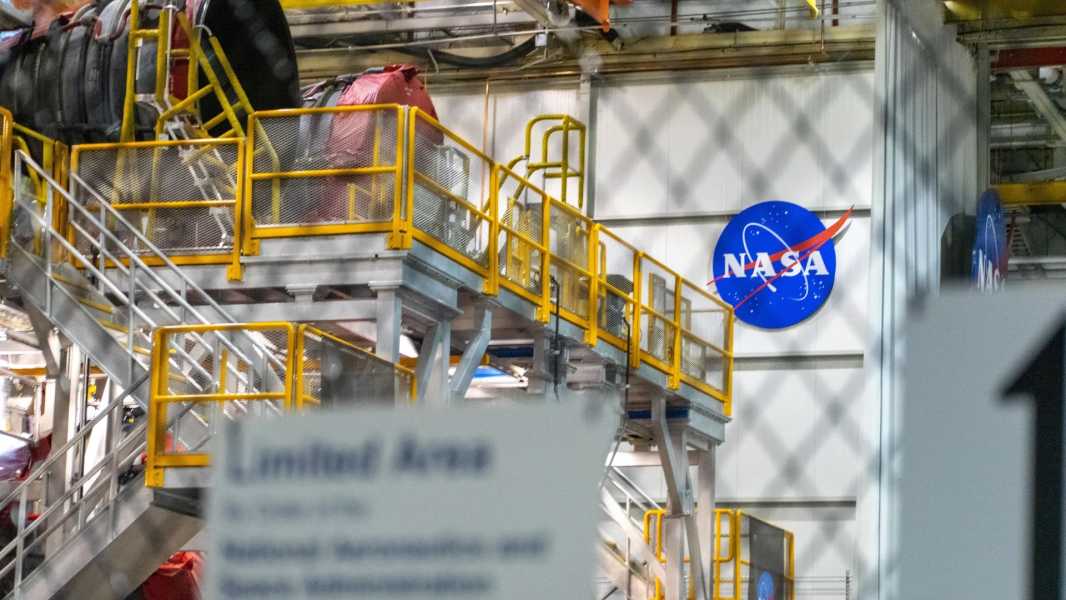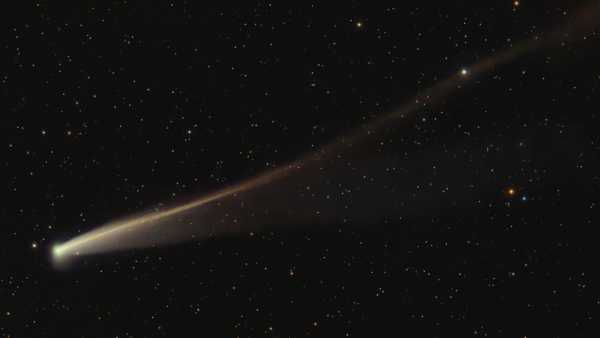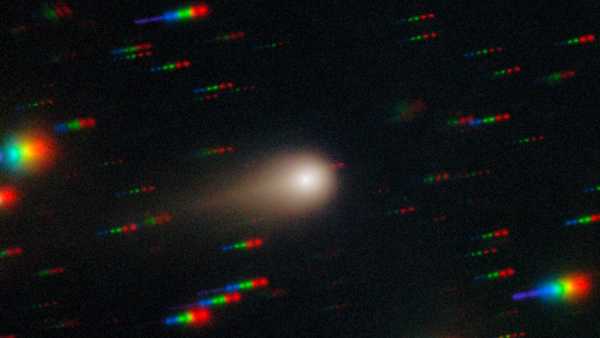
The White House is proposing to cut NASA funding by 24%. (Photo courtesy of Josh Dinner)
On Friday (May 2), the White House unveiled its 2026 “skinny budget,” which lays out the administration’s plans for how to spend government money for the next fiscal year. Under the proposal, NASA would face a 24% cut in its core budget, which experts say could have a devastating impact on the agency.
“The White House has proposed the largest single-year cut to NASA funding in U.S. history,” the Planetary Society, an independent nonprofit supported by scientists and space enthusiasts, said in a statement. “This reckless 47 percent cut to NASA’s science budget will result in massive cuts to functional missions worth billions of dollars.”
For example, NASA says the budget cap, which would cut the agency’s funding by about $6 billion from its 2025 levels, will put an end to efforts to return samples from Mars. That program aims to bring samples from the Red Planet back to Earth — samples that the Perseverance rover has been collecting over the past few years and that experts say require lab analysis to unlock their true scientific potential.
The budget also eliminates funding for climate-smart “green aviation” projects aimed at making planes more environmentally friendly. The latter also reflects major cuts to Earth science.
Additionally, the modest budget calls for the cancellation of the Lunar Gateway, a space station to be built around the moon that has already reached a number of significant construction milestones on Earth. And in the context of the moon, if this budget is approved by Congress, it would retire NASA’s Space Launch System (SLS) rocket and Orion capsule after their third flight to the lunar region as part of the Artemis program. SLS and Orion have already flown together once in 2022, meaning the pair will have two more opportunities left.
“A 56 percent cut in National Science Foundation funding, a 47 percent reduction in NASA's Science Mission Directorate, and a 14 percent reduction in the Department of Energy's Office of Science would result in a historic decline in U.S. investment in basic science research,” the American Astronomical Society said in a statement Friday.
“This budget, overseen by OMB Director Russ Vought, does not support President Trump’s stated goal that America should ‘lead in supporting the pursuit of space discovery and exploration,’” the Planetary Society notes, citing the White House Office of Management and Budget, which developed the modest budget. “OMB’s budget proposal runs counter to the president’s vision for American space leadership.”
In a statement issued April 30 amid early hints of the budget, the Planetary Society also speculated on how a 47% cut in NASA funding could impact the future. It could impact the long-awaited Nancy Grace Roman Space Telescope, hinder planetary defense, affect space weather forecasting and potentially threaten national security, the statement said.
“We call on Congress to immediately reject this destructive proposal and instead pursue a course consistent with the President’s vision,” the Planetary Society said in its latest statement. “This is an opportunity to reach a bipartisan agreement that will ensure an effective, sustainable, and balanced national space program worthy of the nation it represents.”
Notably, a statement released April 14 by the bipartisan co-chairs of the U.S. Planetary Science Committee, Rep. Judy Chu (D-Calif.) and Rep. Don Bacon (R-Neb.), echoes these sentiments, specifically citing concerns about the potential impact of these cuts on national security and Mars sample return efforts.
It was issued on April 14 in response to reports about the contents of the “callback documents,” which could be seen as an important step before
Sourse: www.livescience.com





